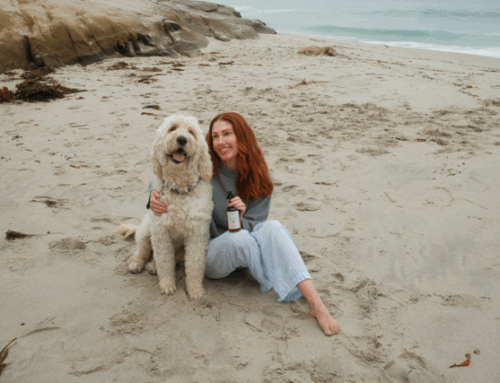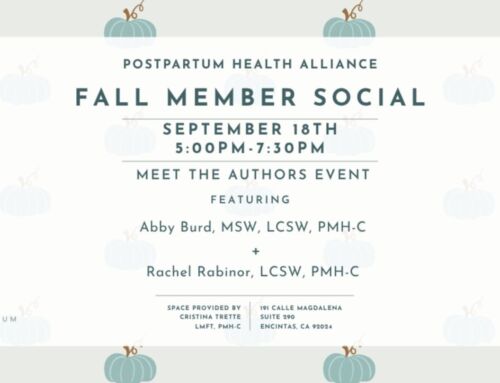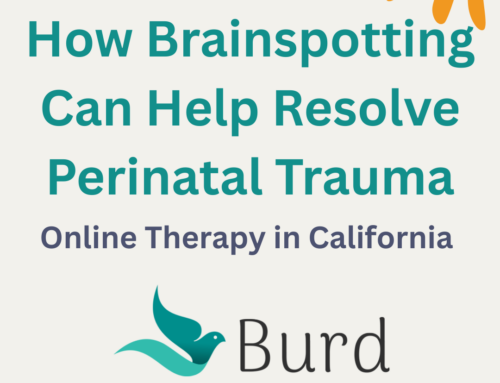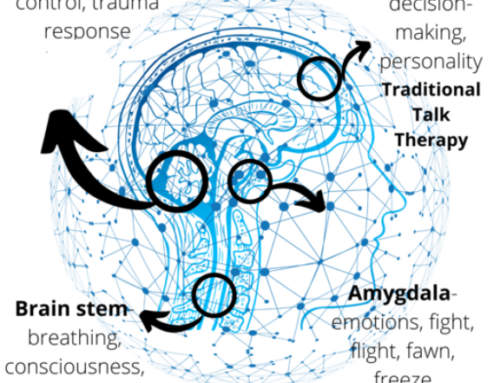Hi all! Another dispatch from the Evolution of Psychotherapy. This time, Sue Johnson shares how attachment science can shape corrective emotional experiences in couples therapy.
When she is not training 3,000 people each year in Emotionally Focused Therapy (EFT), Sue Johnson is dancing. Specifically, she dances the Argentine tango ten hours a week.
Not surprisingly, she sees relationships — the connection, the conflict, and the disconnect – as a dance.
The NY Times once compared couples therapy to “piloting a helicopter in a hurricane.” The dirty little secret of many therapists is that they do not like doing couples therapy. They are scared it will inevitably end in fighting. Sue disagrees. Couples therapy is more a safe, comfortable Air Canada flight. There may be some turbulence, but the pilot has a map, and is confident they will all arrive safely.
The task of an EFT-trained couples therapist is to make clients feel safe and supported. The empathic responsiveness of the therapist creates safety. This is not a new concept. Carl Rogers said a good reflection is not a repetition but a revelation. In fact, EFT extends many of the supportive elements of client-centered therapy to couples work.
What does an EFT therapist do?
The therapist joins the clients to help them see the patterns in which they are stuck.
One example of a rigid dance is the pursue-withdraw pattern. One partner pursues more of a connection (typically not successfully) while the other pulls away. (Regular readers of my blog know that I love cinematherapy – look at Anna and Elsa in “Frozen” as an example of pursuing and withdrawing.)
EFT believes the problem is not conflict; all families have conflict. Conflict is just a symptom. The real issue is emotional disconnection.
As opposed to John Gottman, who says couples fight about parenting, finances and sex, Sue says, no, that’s just the content. Couples are always having the same fight. The content may shift. The real underlying questions are stable. Partners really want to know, “What kind of relationship will we have? Are you there for me?”
Specifically, the partners ask…
Are you:
- Accessible?
- Responsive?
- Engaged?
EFT and attachment science
EFT is based in attachment science, especially adult attachment. Human nervous systems are hard wired to be socially and emotionally attached. Our young are dependent far longer than any other animal. Our brains and nervous systems develop expecting our babies to be dependent on their parents.
Survival is all about the synchrony with your parent, and your partner. Your attunement to them, and them to you, keeps you alive. No wonder connection seems life or death.
Romantic love is an ancient, wired-in survival code, designed to keep your partner close to you. Close enough to depend on, so that when you need them, they will come. Constructive dependency is strength. She believes independence and differentiation should be differentiation with not from others.
John Bowlby, the father of attachment theory, said Freud was wrong. Sex and aggression are not the most powerful drives. Attachment longing is stronger.
Dance metaphors
Another turn to dance is Sue’s preferred metaphor. The conflict is a dance, a self-perpetuating cycle. The dance is the identified problem in relationship counseling. Neither one partner nor the other is the “problem.” We have to learn new dances. Indeed, romantic love is an opportunity to grow emotionally. Couples therapy and a healthy relationship can create a safe and secure base (perhaps even safer and more secure than one in childhood.)
Not to mention, Sue says you can’t learn the tango by just learning the steps. In the tango, you must be attuned to your partner. You must be emotionally present and tuned in. That’s where the magic and chemistry comes from. Not to mention the passion and beauty…
Want to learn more about EFT and couples therapy?
Sue Johnson wrote Hold Me Tight as a fast read for the public. She recommends Love Sense, also meant for the public, next for learning more. The Practice of Emotionally Focused Couple Therapy is the basic text for therapists.
If you are in San Diego, email me at abby@burdtherapy.com or call 619-289-7818, to set up an appointment for couples therapy.
Image credit: Pixaby (Creative Commons)







What are your thoughts?